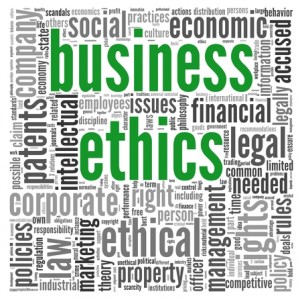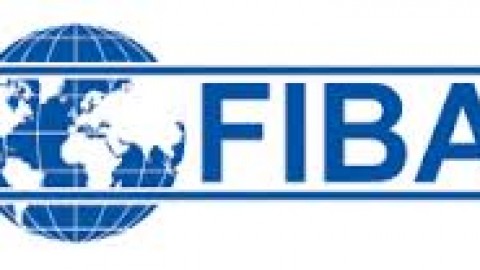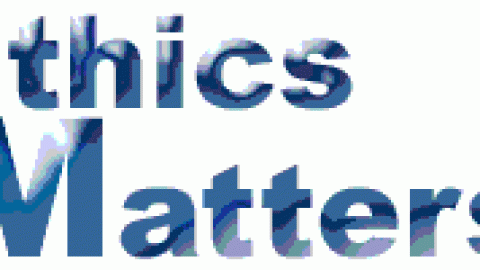In an era in which the very meaning of financial responsibility is shifting, the core components of business ethics must be understood in a different context. The division between how individuals and companies behave in the marketplace has widened, both in terms of conduct and technology. Never before has it been more important to project an image of integrity as a business or been more critical to leverage the technologies that can accomplish this goal.

Reputational Compliance
The Growing Divide
Until somewhat recently, good business ethics meant that a company’s behavior was very similar to that on an individual. This included dealing fairly with others, negotiating in good faith and incurring debt that the borrower believed was manageable. Since the financial meltdown of 2008, personal views of debt have shifted dramatically. The stigma once associated with defaulting on a debt is no longer present and individuals are no longer hesitant to declare bankruptcy.
Against this backdrop, the public is even more critical of the business practices of companies, particularly those that operate in the realm of finance. This has become so fundamental, that many large corporations have begun advertising campaigns that center on integrity and reliability. Under this new paradigm, a company is held to a higher standard of ethics even while individuals are following lower standards.
Perception is Critical
It has always been the case that the appearance of impropriety could be as damaging as the reality. Under modern business ethics this has never been more true and difficult to manage. With the rise of social media and instant communication, negative images can spread very quickly. It has become a necessity to have an active presence on the most popular social networking sites, not only to promote one’s business, but to control the potential of negative publicity.
A result of the shift in business ethic’s trends is that more technology is dedicated to efficient management and administration. Solutions like Lexis Nexis receivables management are aiding companies in ensuring that they are both paying debt and collecting receipts smoothly. For many customers of a business, the procedures used in the collection of receipts can create a deeply held view of that business. Being accurate is no longer sufficient.
As the very meaning of business ethics continues to shift in the always-changing economic landscape, a business must adapt to meet new trends. Using technology and understanding what is at stake is critical. Only with an updated approach can a company ensure that it gives itself the best chance for success.
Source: esbjournal








